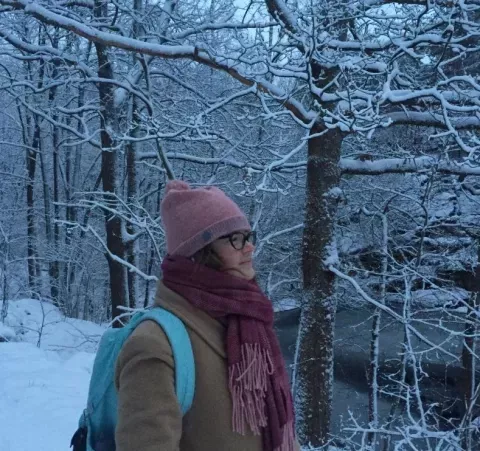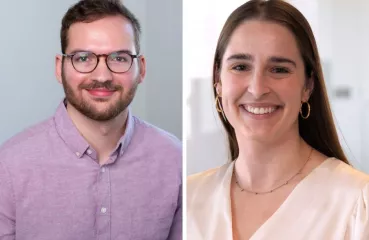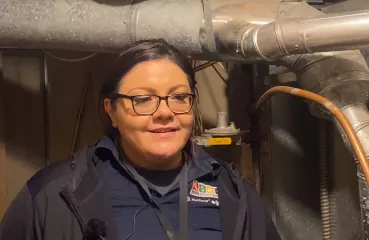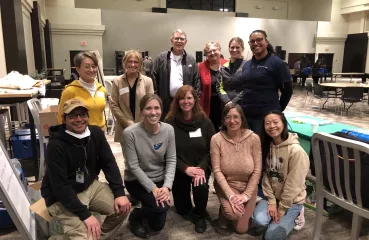The following is a piece by the University of Minnesota Extension Regional Sustainable Development Partnerships.
After spending some of her senior year of college abroad, Katilynn Swanson says she arrived back in the states ready for a new direction.
“I was just looking to try things out and get some job experience,” she recalls.
Before graduating from Luther College and returning to her hometown of Pine Island in southeast Minnesota, Swanson attended a job fair. That’s where she learned about the AmeriCorps program.
Founded by President Bill Clinton in 1993, AmeriCorps is an independent agency of the federal government that engages Americans in service for year-long terms in many sectors.
“The term length really gives you the chance to explore the possibilities without signing up for a job in the traditional sense. So it fit exactly what I was looking for,” she says.
Soon after graduating, in August of 2022, Swanson signed on as an AmeriCorps member. She would be serving the University of Minnesota Extension Regional Sustainable Development Partnerships (RSDP) and its clean energy program, the Clean Energy Resource Teams (CERTs). This role made Swanson one of about 100 people in Minnesota working as Climate Impact Corps members, a sub-division of AmeriCorps. More specifically, Swanson would be serving as a Sustainability Project Coordinator, a brand new role within the program.







